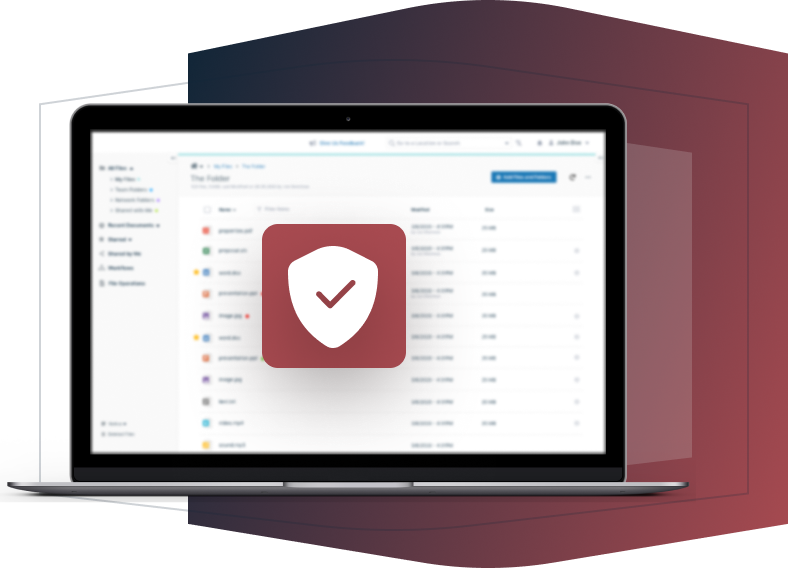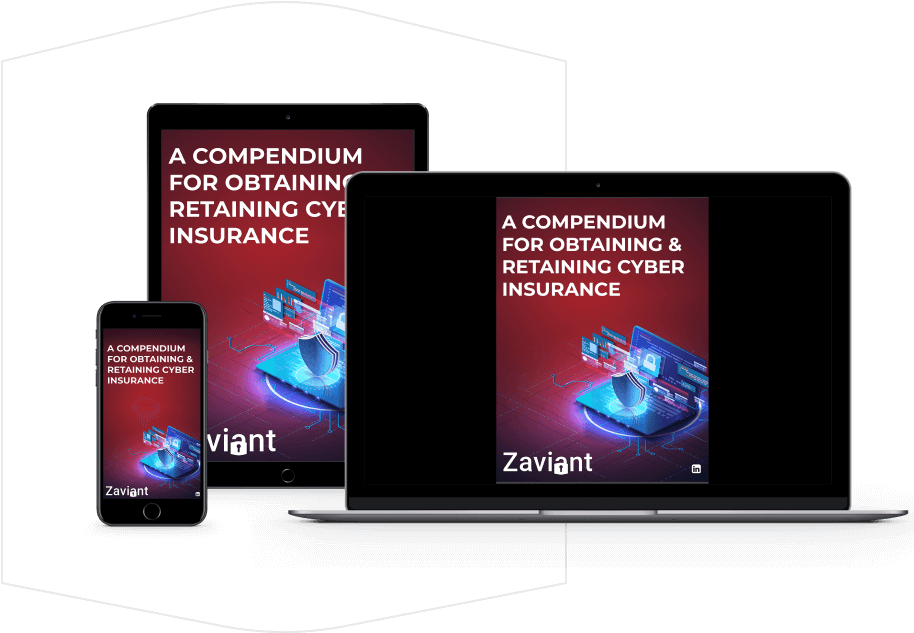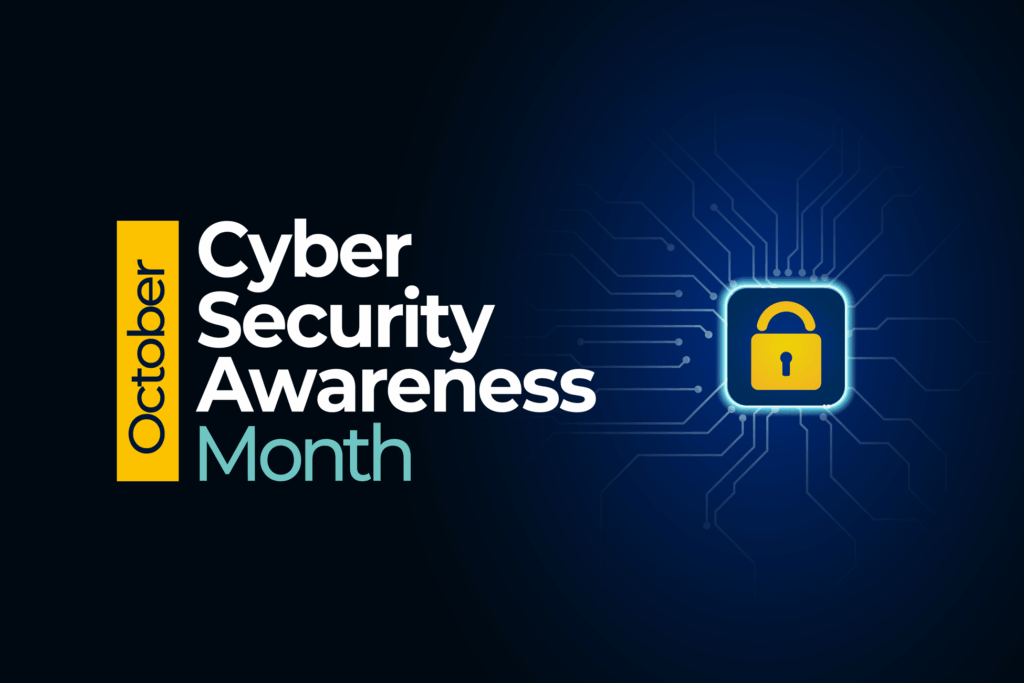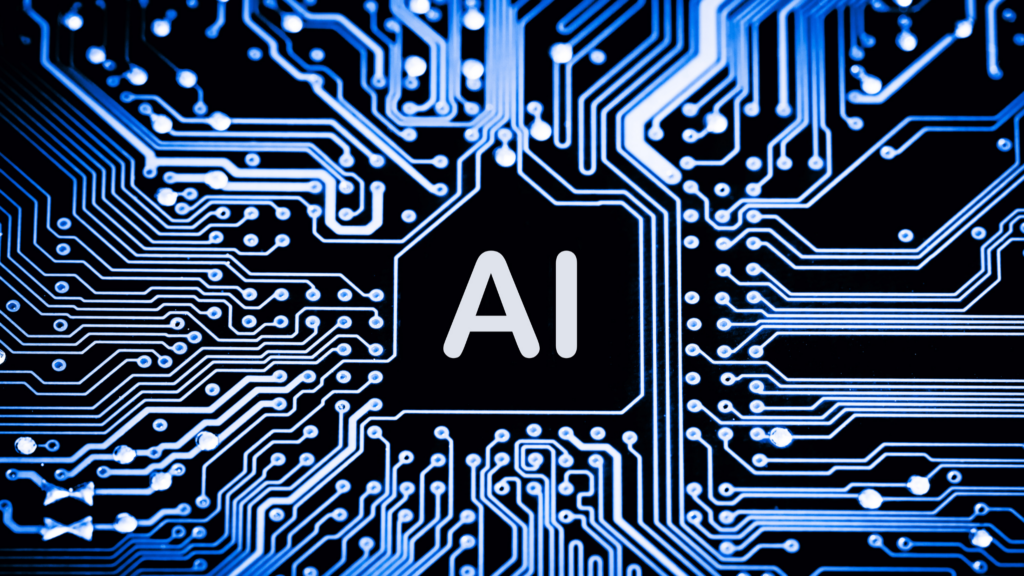Artificial intelligence (AI) has rapidly advanced over the last decade to a point where it can now outperform humans at tasks such as reading comprehension and image recognition.
EU AI Act
The European Union’s Artificial Intelligence Act, or EU AI Act, is the first major regulation on artificial intelligence. The Act affects organizations operating within the EU, whether they are providers (those developing AI systems), users (referred to as “deployers” within the Act), importers, distributors, or manufacturers of AI systems.
Zaviant’s team of experts helps international clients create an action plan and meet all compliance requirements of the EU AI Act.
EU AI Act Expertise
AI Governance and Framework Development
AI Risk Assessments and Management
Third Party Risk Management
Trusted by Leaders of Industry
Our team of expert consultants works closely with Fortune 500 companies, mid-market businesses, and not-for-profit organizations spanning industries including retail, manufacturing, finance, technology, and more.
What is The EU AI Act?
Proposed in April 2021 by the European Commission, the EU AI Act was unanimously endorsed by EU member states in March 2024. It addresses major risks of AI including bias, discrimination, and privacy violations and classifies technologies based on their risk level—unacceptable risk, high risk, limited risk, and minimal risk—with corresponding regulatory requirements.
High-risk AI technologies, such as those used in critical infrastructure, education, employment, and law enforcement, are subject to rigorous testing, documentation, and oversight under the Act. On the other hand, minimal-risk systems (like spam filters) face little to no regulation.

Why is The EU AI Act Important?
The EU AI Act ensures the safe and ethical development and deployment of AI technologies within the European Union. By categorizing AI systems based on risk level, the Act aims to protect citizens’ rights and prevent harmful practices. Furthermore, by providing clear guidelines, the EU AI Act promotes responsible innovation, enabling organizations to develop solutions while addressing ethical dilemmas.
Finally, it’s important for organizations to realize that failing to comply can result in costly fines, ranging from €35 million or 7 percent of global revenue to €7.5 million or 1.5 percent of revenue, depending on the exact infringement and size of the company.
Protect Privacy Rights
Complying with the EU AI Act helps ensure your organization doesn’t infringe on the privacy rights of EU citizens.
Uphold Ethics
The EU AI Act provides a framework for upholding the delicate balance between technological innovation and ethics.
Avoid Fines
Noncompliance with the EU AI Act can cost companies millions of Euros, depending on the exact infringement and size of the company.

A Compendium for Obtaining & Retaining Cyber Insurance
It goes without saying, robust cybersecurity and data privacy measures are a necessity for doing business in this day and age. Without either, an organization’s defenses are left to luck and hope – maybe an adversary will never take notice of the wide-open gaps in your network? (The odds are not in your favor).
How Zaviant Can Help
Zaviant serves as a trusted AI Governance partner for leading international companies. We can help your organization:
Achieve full EU AI Act compliance
Develop an AI governance framework
Conduct ongoing monitoring and compliance in line with EU AI Act standards

Related Services
CCPA/CPRA
Even with the introduction of many new state privacy laws over recent years, the California Consumer Privacy Act (CCPA).
ISO 27001/2
As organizations continue to navigate the complexities of an increasingly interconnected digital world.
HIPAA
As healthcare organizations increasingly adopt new digital technologies, adhering to the Health Insurance Portability and Accountability.





